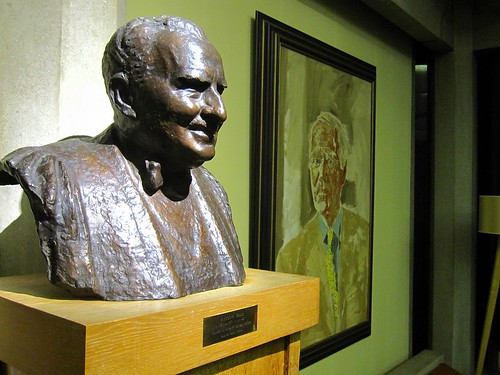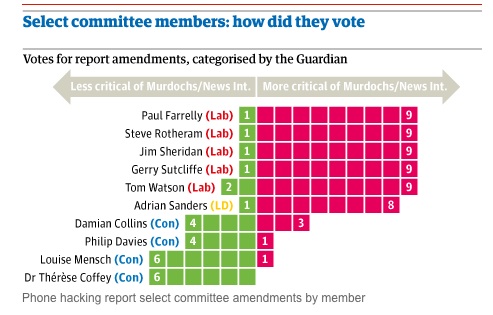Sample of one of the spoof reviews on Amazon mentioned by Jamie Doward in his lovely Observer piece today.
I used to be a very successful insurance salesman at AIG. I had riches beyond belief: Faberge Eggs; Brut Aftershave, also by Faberge; a diamond encrusted Rolex; lime green Lamborghini; monogrammed slippers; a piano shaped toilet that once belonged to Liberace and a 16 ft pyramid of Ferrero Rocher chocolates. Some friends at the country club let me in on this secret that all the old money had canvas printed photos of Paul Ross, so I bought one at auction.
There was something wonderful and majestic about it, some people say the enigmatic smile is a knowing reference to his Merovingian ancestry. It hung for 3 years above the alabaster fireplace in my drawing room, replacing Munch’s Scream, which I borrowed from a friend who was also in the insurance business.
But over time there was something unsettling about the picture. At first it sounded like it emitted a high pitched, almost imperceptible, tone, like an old TV set. Then it started whispering things to me. After a while it started telling jokes and then giving me stock tips. Eventually it recommended I invest all my money with a guy called Bernie Madoff.
Now I have nothing, I get high by sucking anti-freeze from car windscreen washers, and even had to take public transport. My only possession is this picture of Paul Ross. It is my love, my life. He completes me.
Restores one’s faith in human nature.




